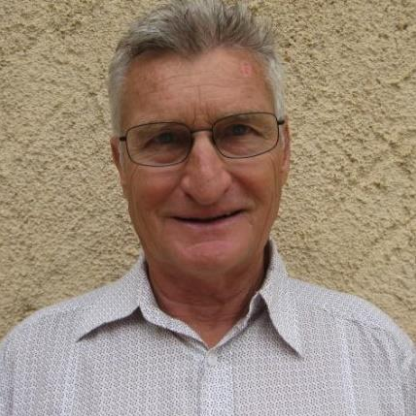
Prof. Thierry Boulard
Conference title: Protected Cultivations of Horticultural Products: A Review of their Environmental Footprint.
Keywords: Life Cycle Assessment, LCA, protected cultivations, greenhouses, environmental impact.
Affiliation: Retired from INRAe
We will review the environmental impact of the main types of protected cultivations based on the Life Cycle Assessment (LCA) of their production process across life cycle stages. The main results of the LCA of the main types of horticultural crops production acquired during the last 20 years will be analyzed. We shall also consider the delivery to retail stages and the type of cultural system used: conventional, agro-ecology, etc… The most important results and research gaps will be highlighted and discussed.
Ph Doctor in environmental physics, and former Senior Researcher at INRA (1981-2012), Thierry Boulard was head of the INRA research group on protected cultivations physics’ studies and manager of several INRA research units on greenhouse production in Avignon and Nice-Sophia-Antipolis in France. He is author of more than 100 articles in peer reviewed scientific international journal (https://scholar.google.fr/citations?user=uY-KY_UAAAAJ&hl=fr). His pioneer works on aerial transfers of heat, gas, and matters in protected cultivations were founded on the coupling of plants and air using Computational Fluid Dynamics (CFD’s). He was also head of a wide interdisciplinary research program on the evaluation of the sustainability of the greenhouse agro-system both on the economic, environmental, and social points of view. Horticultural products environmental sustainability was carefully evaluated and environmental impact were assessed by life cycle analysis (LCA).
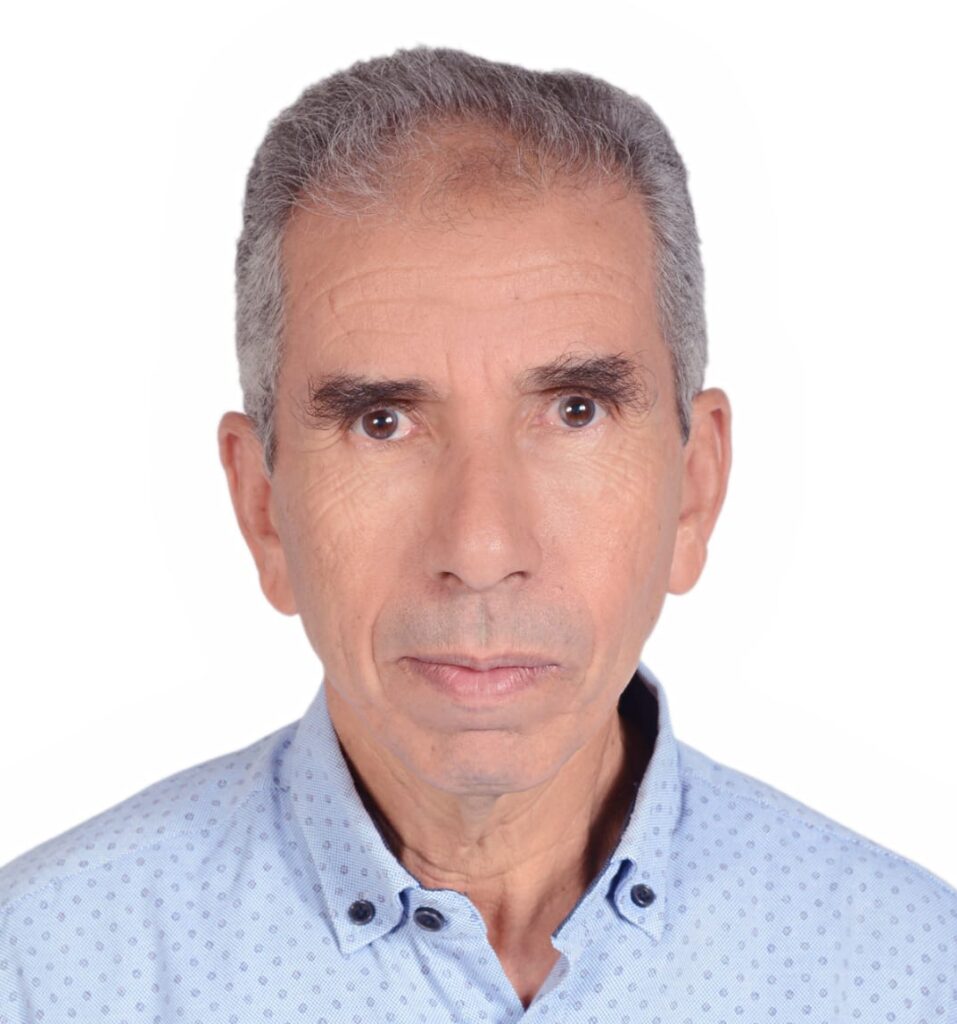
Prof. Ahmed Ihlal
Conference title: Atmospheric water harvesting: potential and challenges.
Keywords: Atmospheric water, harvesting, solar energy.
Affiliation: LMER, Ibn Zohr University
Three main ways for provinding arid areas with fesh water : conveyance from water-abundant regions, desalination, and extraction from atmosphere. The first method requires heavy investments, the second is very energy intensive and depends on the availability of saline water. The third method holds promising potential and should be seriously considered. The main objective of this contribution is to discus the potential of harvesting atmospheric water using cost effective and environementaly friendly methods
Ahmed Ihlal studied Physics and Chemistry and holds, in 1984, his BSc degree (Licence es-Sciences Physique) in Solid State Physics from the University Mohamed V, Rabat – Morocco. He then joined Paris VII University – France, where he got, in 1985, a MSc. degree (DEA: Diplome des Etudes Approfondies) in Solar Energy. He earned, in 1988, a PhD degree from the University of Caen Basse-Normandie – France. Dr. A. Ihlal started his teaching career on I988 as an Assistant Professor in the faculty of Science at University Ibn Zohr. He holds a “Doctorat d’Etat” thesis in 1995. He is currently Full Professor in Faculty of Sciences, University Ibn Zohr, Agadir – Morocco. He is working on PV and CSP systemsl. He is developing materials and processes for atmospheric water harvesting He has published more than 137 scientific papers (H-index: 23). He acted as a referee for numerous international journals. He has contributed to the organization of numerous national and international conferences and was a member of scientific committees for several international conferences. He is supervising PhD and MSc students in the field of PV and CSP. He is an expert of the CNRST in the field of renewable energies
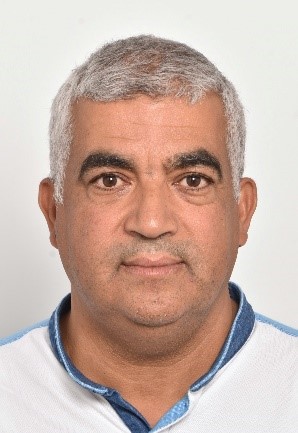
Prof. Charafeddine Jama
Conference title: Corrosion protection of carbon steel using cold plasma technologies
Keywords: Cold plasma; Surface modification; Corrosion protection, Electrochemical impedance spectroscopy.
Affiliation: Centrale Lille.
Intense research efforts have been put into the protection of metals from corrosion as it prevents the use of some expensive metals and alloys on strategic applications. Chromate conversion coatings were widely used over the years due to their simplicity. Unfortunately, these approaches make use of toxic reactants and produce toxic wastes with important implications on the environment. Cold plasma technologies are known nowadays as a key technology applied in several industries. The presentation will give a comprehensive description and review of cold plasma technology with particular emphasis on their potential use in corrosion protection of carbon steel.
Prof. Charafeddine JAMA presented his PhD Thesis in (1995) at the University of Science and technology of Lille (FRANCE) in Surface modification and thin films elaboration. In 1999, he joined the UMET UMR CNRS 8207 laboratory at Centrale Lille Institut, Ecole Nationale Supérieure de Chimie (ENSCL) in Lille (France) as Professor. He is developing research on surface modification processes for multifunctional materials, anticorrosion, antioxidant and antibacterial applications. He is co-author more than 170 publications (h-index 41), gave around 40 invited-talks in international conferences. He has set a wide network of collaboration devoted to surface modifications and the analysis of structure-properties relationships of materials.
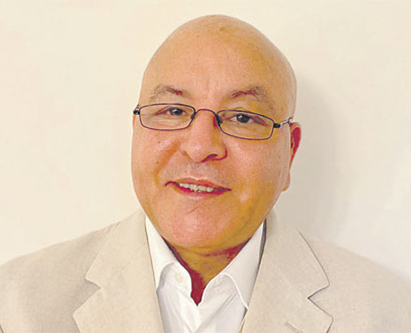
Prof. Ahmed Ennaoui
Conference title: Energy Transition: Water and Energy, Research & Development, Innovation and Governance (R&DIG).
Keywords: PV technology in desert environment , governance and management, energy, water, food Nexus.
Affiliation: Research Institute for Solar Energy and New Energies (IRESEN).
Founder of Virtual Learning Uniersity.
The production, use and distribution of clean electricity requires significant governance and management in the context of the energy transition, where energy, water, are highly concerned. Indeed, Morocco is known for its abundant solar radiation, which varies approx. between 4.7 to 5.6 kilowatt-hours per square meter per day, and obviously makes PV technology the best option to generate enough clean electricity for the country. However, the accumulation of dust (soiling) significantly affects the performance of photovoltaic panels especially in the desert arid regions, this requires periodic cleaning of the PV panels. Water scarcity is also an increasing problem in Morocco, which is consumed for in agriculture and other purposes. In this presentation, we focus on these issues, namely: Agri-PV, Floating-PV, water pumping, water treatment and reuse, water desalination to overcome these challenges.
Prof. Dr. Ahmed Ennaoui, obtained his MSc and Doctoral thesis in Solid State Electronic from “University de Bourgogne”, France. He began his career as Assoc. Professor in 1979 at University Mohamed V and joined the Hahn-Meitner Institute-Berlin (HMI), Germany in 1983. He first conducting research and obtained his habilitation (summa cum laude, 1987) working on new earth abundant materials for solar energy conversion. In 2000, he is appointed head of a research group at Helmholtz-Zentrum Berlin (HZB) for materials and energy, meanwhile, he serves as visiting professor at the Research Center for Solar Energy Chemistry Osaka University, Japan. He also works as Research Director at Qatar Environmental and Energy Research Institute (QEERI) and Full Professor (joint faculty) at the college of science and engineering – Hamad Bin Khalifa University (HBKU). Since 2000, He serves as editorial board of the journal “Solar Energy materials and Solar cells” and since 2011, he is president of the scientific council of IRESEN. He is founder of Virtual Learning University, a Non-Profit online education platform. He is recently listed by Stanford University as one of top 2% researcher in the world out of 224,856 researchers in applied physics ranked by the prestigious American university. He is author and co-author for more than 300 peer-reviewed journal articles and conference contributions, including five special issues (actual h index of 51). He published as coauthor a book entitled “Simple chemical Methos for thin film deposition (Springer) .
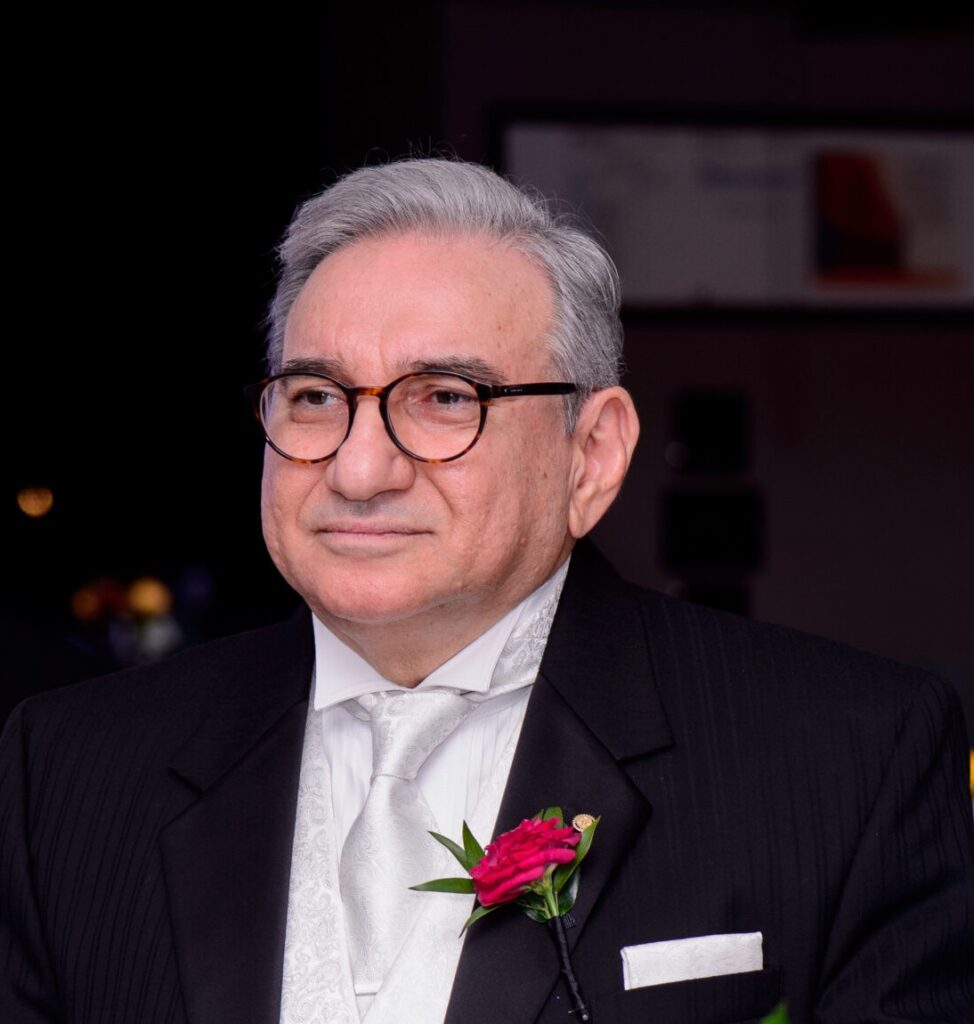
Dr. Saad Y. Jasim
Conference title: Ozone & Advanced Oxidation Processes to address Water Scarcity and Sustainability.
Keywords: Sustainability, Climate Change, Ozone, Advanced Oxidation Processes.
Affiliation: President, SJ Environmental Consultants (Windsor) Inc.
The Sustainability of water infrastructure is critical to providing the public with clean and safe drinking water. Sustainability means preparing for future growth, and potential environmental impacts. Climate change is a fact of life, and the current changes in weather and precipitation trends are clear indications. The sustainability of the communities served depends on sustainability planning. There is a need to have an understanding to the value of the investment needed to maintain the sustainability of water infrastructure. Economic growth depends on economic planning and development of robust water and wastewater systems to be able to address the impacts of urban growth, climate change, and development of reasonable risk assessment and risk management plans. The introduction and implementation of advanced technologies such as ozone and ozone based advanced oxidation process (AOP) proved to be successful in addressing new challenges of water quality and quantity caused by Climate Change.
PHD., MSC., Chemical Engineering, University of Wales Swansea, UK. B.SC., Chemical Engineering, Baghdad University, Iraq
President, SJ Environmental Consultants (Windsor) Inc., Windsor, ON, Adjunct Professor, University of Windsor
Editor-in-Chief, Ozone News-International Ozone Association, Past President of the International Ozone Association (2020-2022)
Recipient of the “2022 Ontario Professional Engineers Awards (OPEA)-Engineering Medal for Entrepreneurship”.
Recipient of the 2023 Harvey Rosen Award for the paper published in the Ozone Science & Engineering Journal
Member of the Advisory Board for New York University-Abu Dhabi Water Research Centre (2022-25).
Introduced Ozone as Primary Disinfectant in Windsor, the First City in Ontario in 2001. Solved challenges in drinking water quality, the latest was solving the Arsenic and Manganese problem B.C.
Served as the Director, Great Lakes Regional Office-International Joint Commission (IJC) for Canada and USA. Founding CEO for the Walkerton Clean Water Centre after the water outbreak tragedy
Designed and successfully implemented ozone application for water reuse for Green House operation in Leamington, ON, Canada.
Received many awards for his work, supervised PHD and Master students and published and presented many papers on water treatment and water quality.
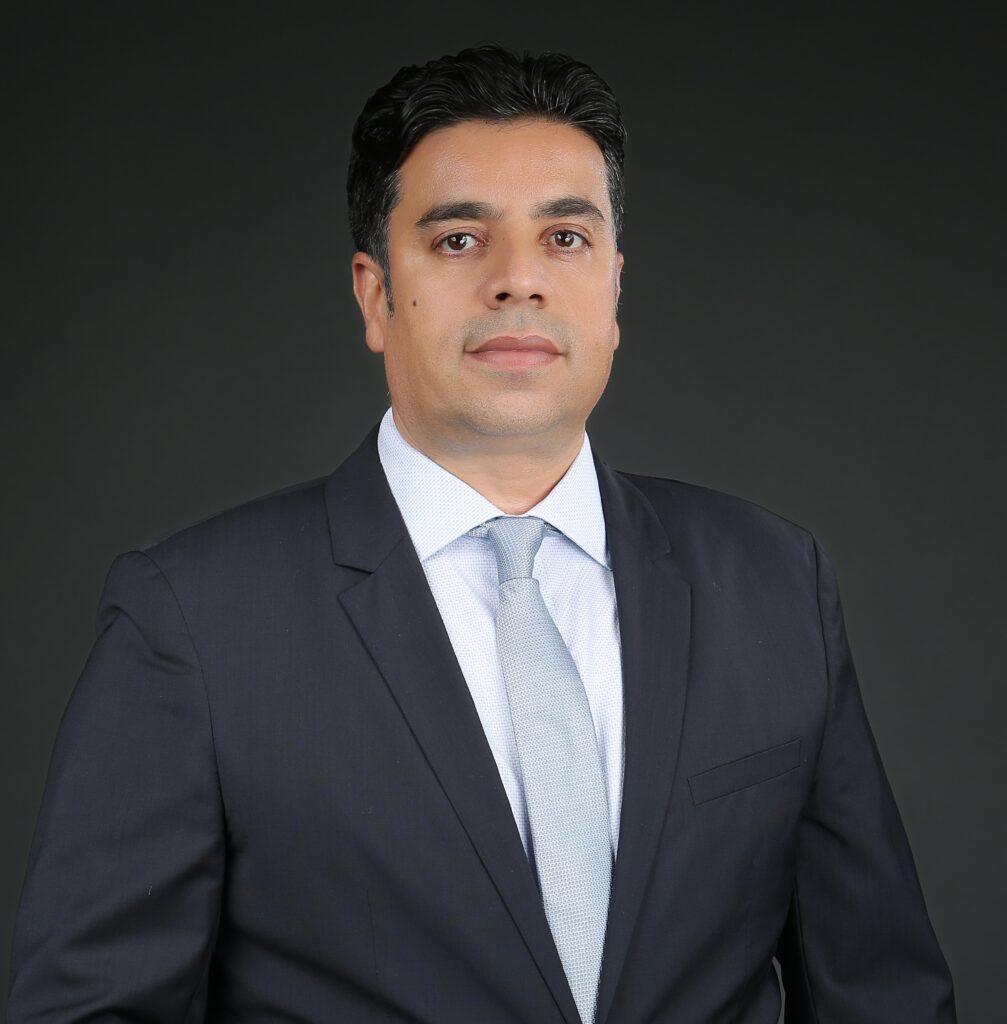
Dr. Hicham Fatnassi
Conference title: Agrivoltaic Systems: Exploring Realities, Addressing Challenges and Unlocking Potential
Keywords: Agrivoltaics, Photovoltaic Greenhouse, PV open field shelter, Photovoltaic Energy, PV Panels, Crop.
Affiliation: INRAE, l’Institut national de recherche pour l’agriculture, l’alimentation et l’environnement, France
The global population is on a continuous rise, presenting a big challenge in ensuring an adequate food supply for everyone. Over the past century, meeting the demands of this growing world population involved the use of mechanization, fossil fuels, food imports, and expanded agricultural lands, resulting in significant environmental issues. The emergence of agrivoltaic cropping systems offers a promising solution to address these challenges.
Agrivoltaic cropping systems operate on the principle of sharing photons between photovoltaic panels and plants and represent an innovative and sustainable approach to maximizing land use efficiency by combining agricultural activities with solar energy production. This synergy has gained significant attention as the world seeks solutions to address the dual challenges of food security and renewable energy generation.
Despite their positive attributes, challenges persist, particularly regarding the profitability of agrivoltaic systems. Issues such as reduced crop production due to shading induced by photovoltaic panels and the initial investment costs remain significant. To enhance the short-term profitability of APV cropping systems, research and development efforts should focus on optimizing system designs, developing innovative PV systems capable of intercepting a part of the solar spectrum, and selecting crop species adapted to new constraints.
This presentation delves into the current realities of agrivoltaic systems, identifies challenges, and underscores the immense potential for unlocking sustainable and integrated solutions. A critical analysis addresses technological constraints, providing a comprehensive understanding of the hurdles hindering widespread adoption. The presentation concludes with a forward-looking exploration of the vast potential inherent in agrivoltaic systems, emphasizing their transformative impact on global agriculture and energy landscapes.
Furthermore, this presentation serves as a call to action, urging stakeholders to recognize the transformative power of agrivoltaic systems. Through insightful analysis, problem-solving approaches, and an optimistic vision for the future, the presentation inspires innovation in the pursuit of a more sustainable and integrated approach to food and energy production.
Dr. Hicham Fatnassi, a Doctor Engineer in INRAE Avignon France, is a prominent figure in greenhouse technology and sustainable agriculture. With over two decades of experience, he specializes in analyzing and designing environmentally friendly greenhouse systems. His academic journey, which began in Agadir, Morocco, culminated in a Ph.D. focused on greenhouse climate characterization and modeling.
During his tenure at INRAE, spanning from 2002 to the present, Dr. Fatnassi gained international recognition for his research in greenhouse climate control. His work involves employing Computational Fluid Dynamic models to optimize greenhouse ventilation and create ideal conditions for plant growth. He also pioneered the development of photovoltaic greenhouses, integrating solar panels to enhance efficiency and sustainability in agriculture.
Dr. Fatnassi’s extensive publication record includes over 138 research papers in international journals and conference proceedings, as well as contributions to book chapters. His collaborations with scientific and industrial partners underscore his commitment to collaborative innovation.
From 2021 to 2023, Dr. Fatnassi served as a Senior Horticulture Scientist at the International Center for Biosaline Agriculture (ICBA) in Dubai, United Arab Emirates, where he furthered his contributions to greenhouse technology, significantly impacting global initiatives in food security, environmental sustainability, and climate change mitigation.
His passion for research and dedication to sustainable practices solidify his legacy as a pioneering figure in horticulture and agricultural science.

